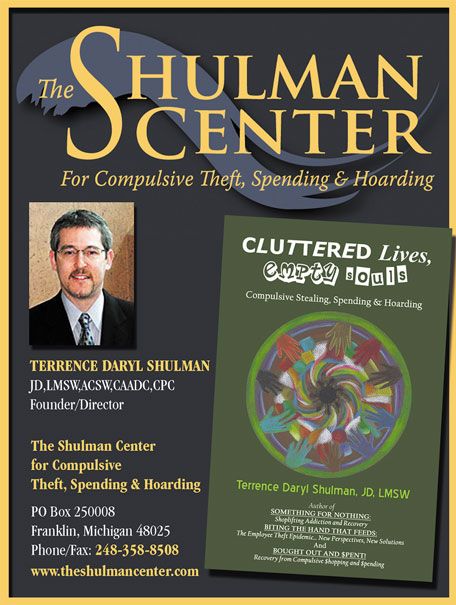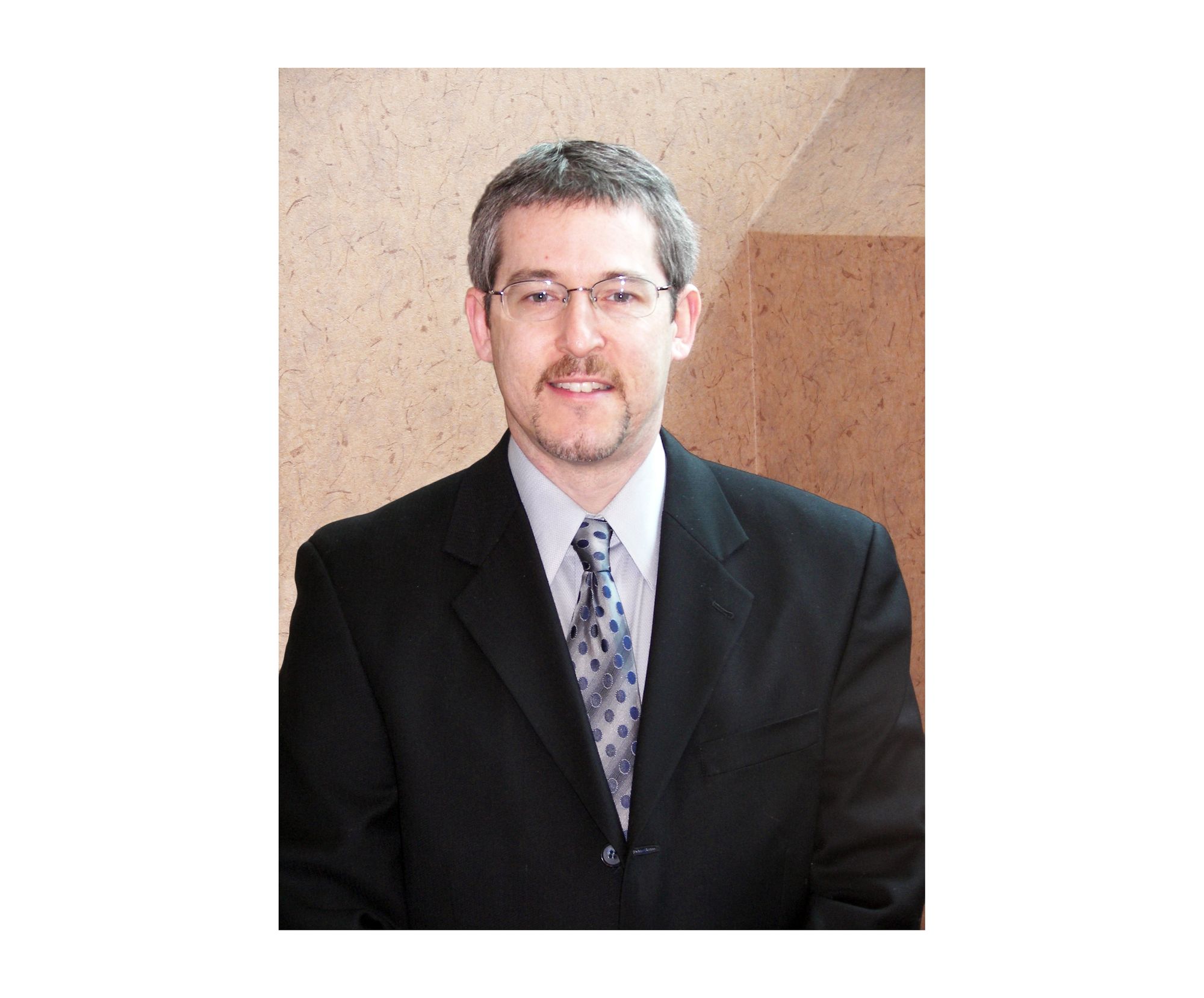Interested in starting your own entrepreneurial journey in mental wellness but unsure what to expect? Then read up on our interview with Terrence Shulman, Founder of The Shulman Center for Compulsive Theft, Spending and Hoarding, located in Southfield, MI, USA.
What's your business, and who are your customers?
I founded The Shulman Center for Compulsive Theft, Spending, and Hoarding here in metro Detroit in 2004. As a licensed social worker and certified addictions counselor, I offer sensitive, specialized, and effective short-term to longer-term addiction-recovery therapy for persons who struggle with compulsive stealing (particularly shoplifting and/or employee theft), compulsive shopping/spending, and/or compulsive hoarding disorder. My clients are diverse and can access my services virtually (by phone or video chat) no matter where they live. I also provide education and resources to loved ones and the general public through my websites, books, consulting, monthly e-Newsletters, and through my numerous interviews with the media (some articles and video clips are accessible on my websites).

Tell us about yourself
I am 57 years old and have been an attorney-at-law since 1992 and a licensed social worker and certified addictions counselor since 1997. My father struggled with many addictions, and I have, too. I had problems with shoplifting and employee theft for about ten years (1980 - 1990) between the ages of 15 - 25. I was arrested twice for shoplifting and fired from two part-time college jobs for low-level workplace theft. I finally came clean with my family and got into therapy in 1990 at age 25. The rest, as they say, is history. I started off as a criminal defense lawyer, but--after three years doing that full-time--I went back to get my masters in social work to help others who struggled with addictions--especially stealing--on a deeper level. I started a support group called C.A.S.A. (Cleptomaniacs And Shoplifters Anonymous) in 1992 to help me and others, and then I published my first of four books ("Something for Nothing: Shoplifting Addiction and Recovery") in 2003. I was featured on The Oprah Winfrey Show in 2004. I later took an interest in working with clients who struggled with overshopping/overspending and hoarding. I have felt gratified and privileged to help people with these various disorders as there are very few treatment options available in the U.S. or elsewhere. My hope is that there will be more understanding, acceptance, and help options in the near future.
What's your biggest accomplishment as a business owner?
I first attempted to start my own business in early 2001 after having worked for four years as a full-time addictions counselor at a local drug and alcohol clinic. I was not successful and went back to work at the clinic (part-time) for three more years until 2004. But I never lost sight of my dream of publishing my first book (which I did in 2003) and launching my private, specialized therapy practice (which I did in 2004). So, just being able to make a living doing what I felt called to do--and to keep it going and growing 18 years later--is my biggest ongoing accomplishment. Aside from that, the numerous opportunities my work has afforded me have been innumerable, including: having helped over one thousand clients at this point, having educated the public through my websites and interviews on TV, in print, on radio, etc. having gotten to travel to present at many addiction-recovery conferences across the U.S., Having consulted with various businesses and companies and has changed people's lives for the better.
What's one of the hardest things that come with being a business owner?
My father was a bit of a workaholic--as a child prodigy pianist and, later, as an attorney himself. I remember telling myself when I was young that I'd never become a workaholic... but I did. I think it's especially easy to be a workaholic when you own and run your own business. My wife, Tina, has helped me a bit here and there, but I've been the sole employee and not only "kill the deer" (do my primary work counseling clients one-on-one for an average of 20 hours per week) but also answer emails, phone calls, write letters, do research, mail out books, etc. for another 20 hours a week. And while I don't see clients during the evenings or weekends--and even take Fridays off most weeks--it's hard not to check emails, phone calls, etc., during off hours. And for the first ten years of building my business and writing/publishing four books (2004-2014), it was full-on and a strain on my marriage.
What are the top tips you'd give to anyone looking to start, run and grow a business today?
- Follow your bliss/passion (and the money will follow).
- Create a niche skill/service that distinguishes you from most others.
- Treat potential and actual clients (and everyone in general) with respect, integrity, and as valued and honored human beings and not just customers.
Is there anything else you'd like to share?
I feel grateful for this opportunity to let others know about my work and services and a bit about my personal/professional journey to entrepreneurship. Thanks a lot!
Where can people find you and your business?
Website: https://theshulmancenter.com/
Facebook: https://www.facebook.com/theshulmancenter
Instagram: https://www.instagram.com/terrencedarylshulman/
Twitter: https://twitter.com/terryshulman
LinkedIn: https://bit.ly/3BWl8kc
If you like what you've read here and have your own story as a solo or small business entrepreneur that you'd like to share, then please answer these interview questions. We'd love to feature your journey on these pages.
Turn your craft into recurring revenue with Subkit. Start your subscription offering in minutes and supercharge it with growth levers. Get early access here.
